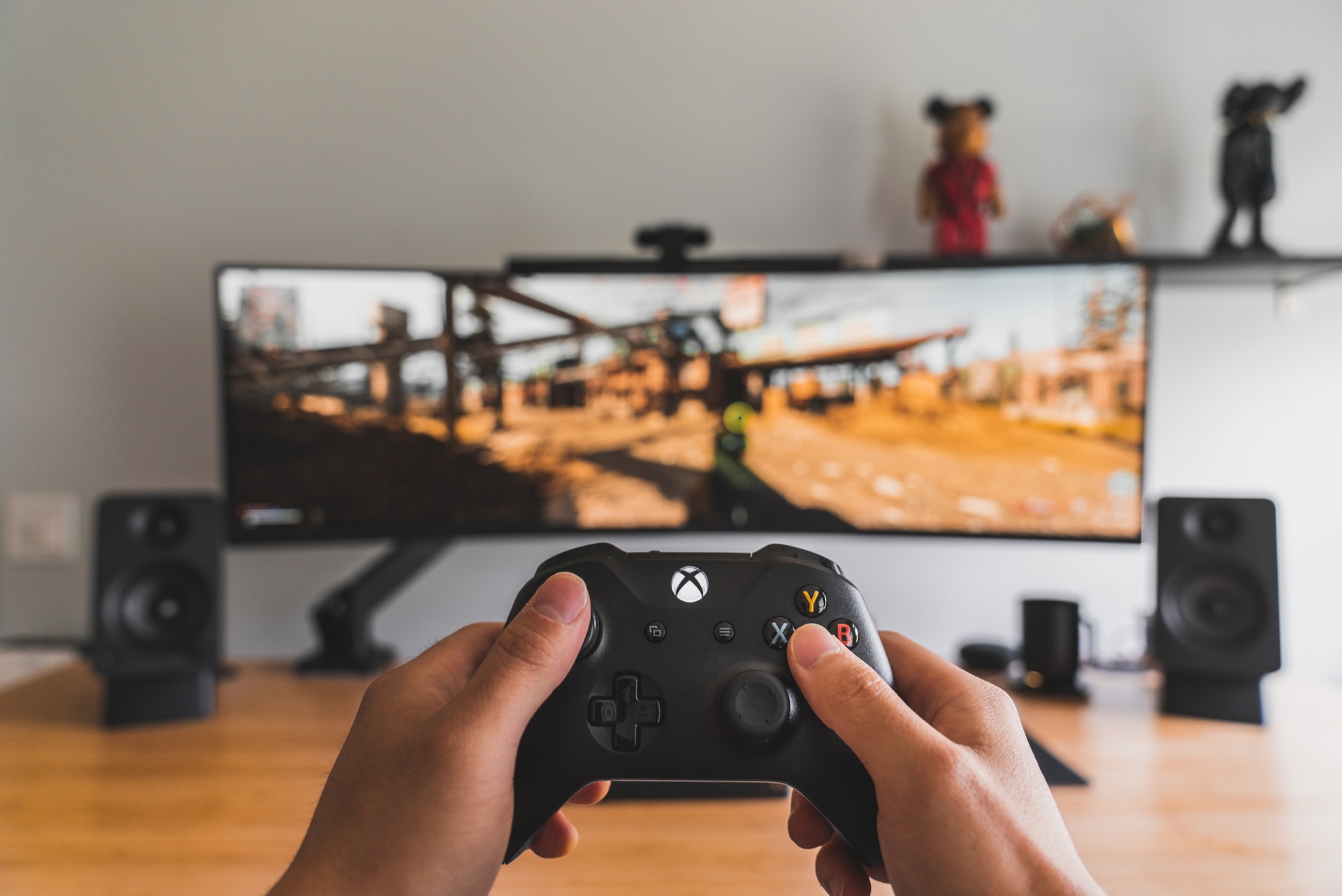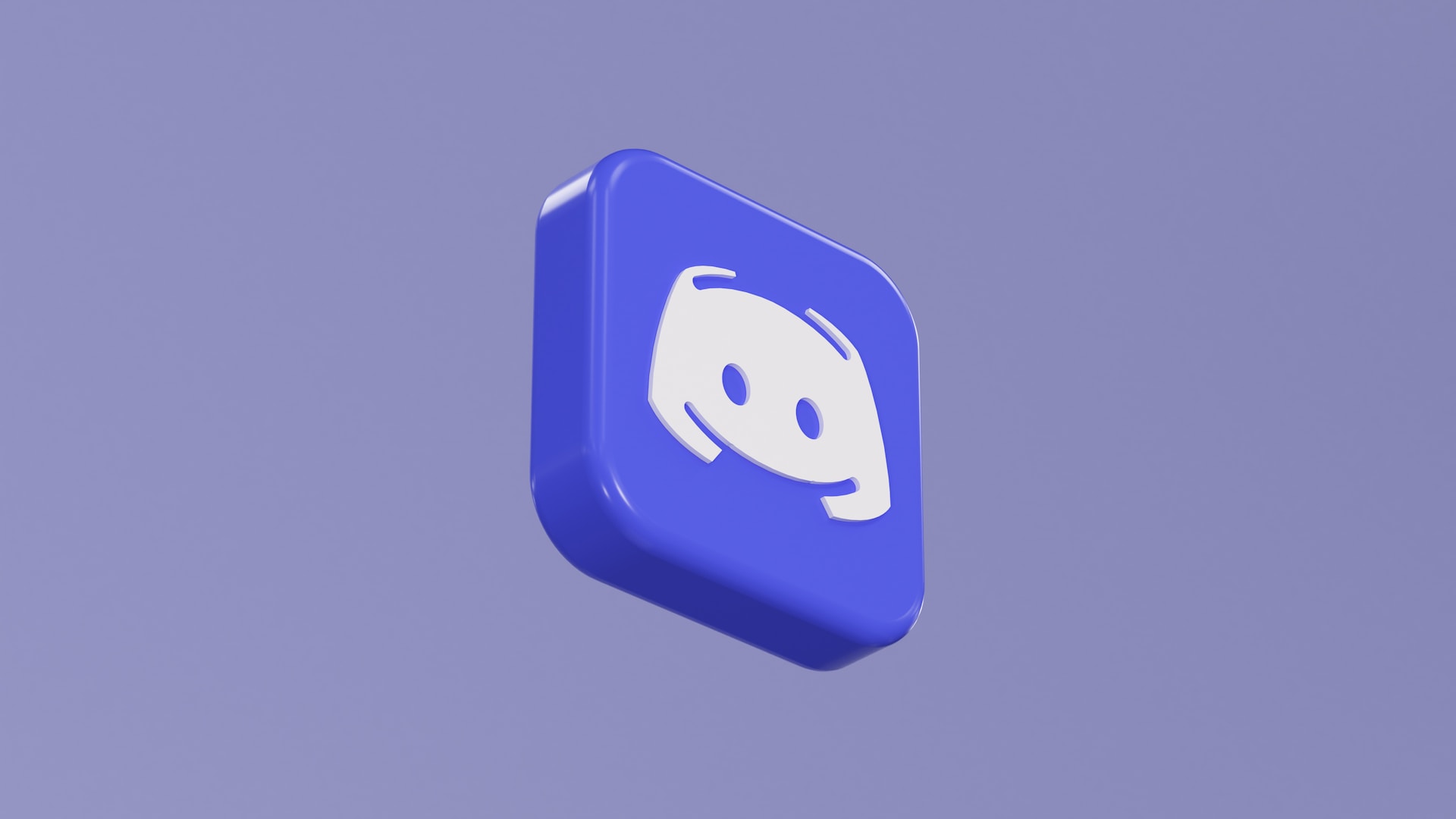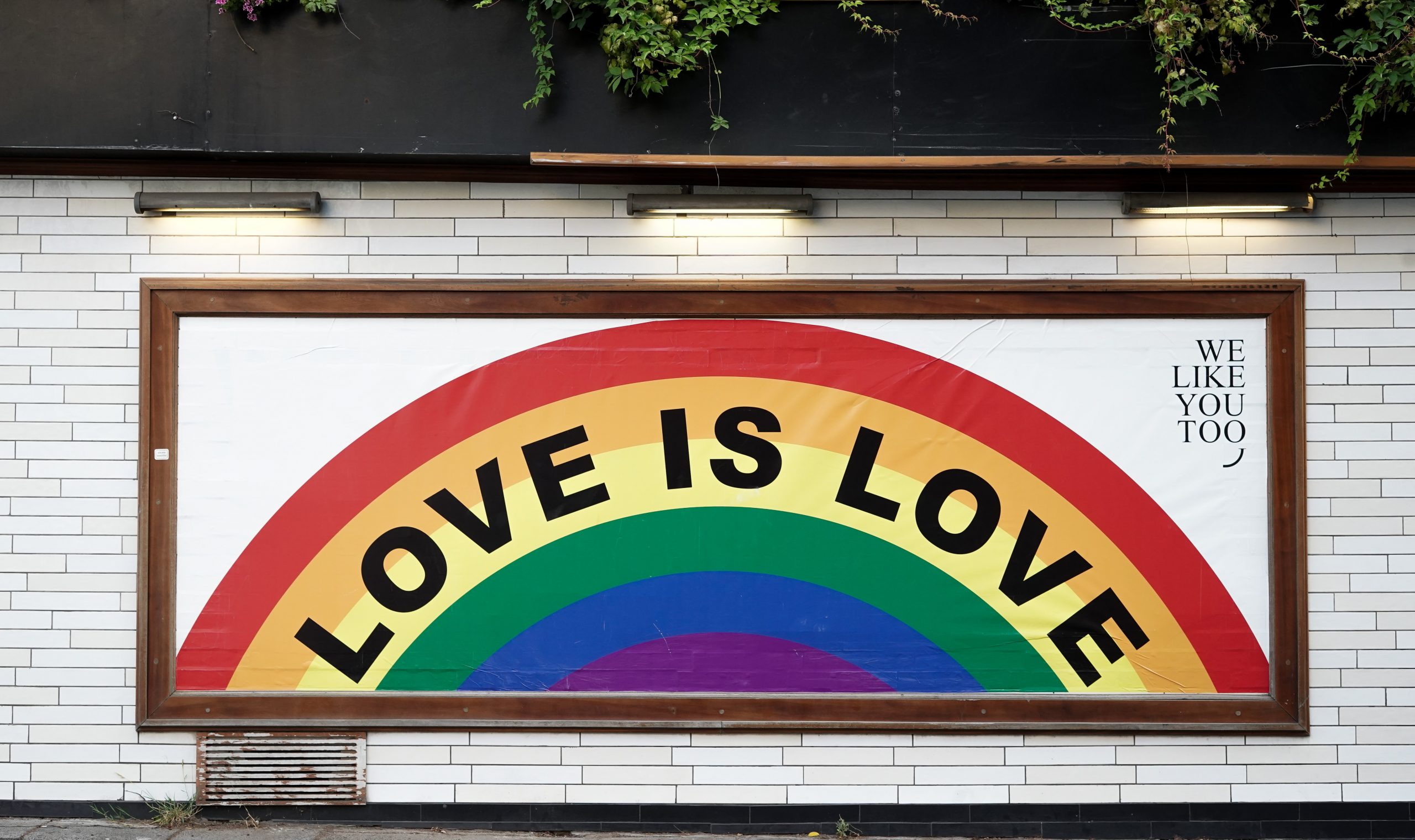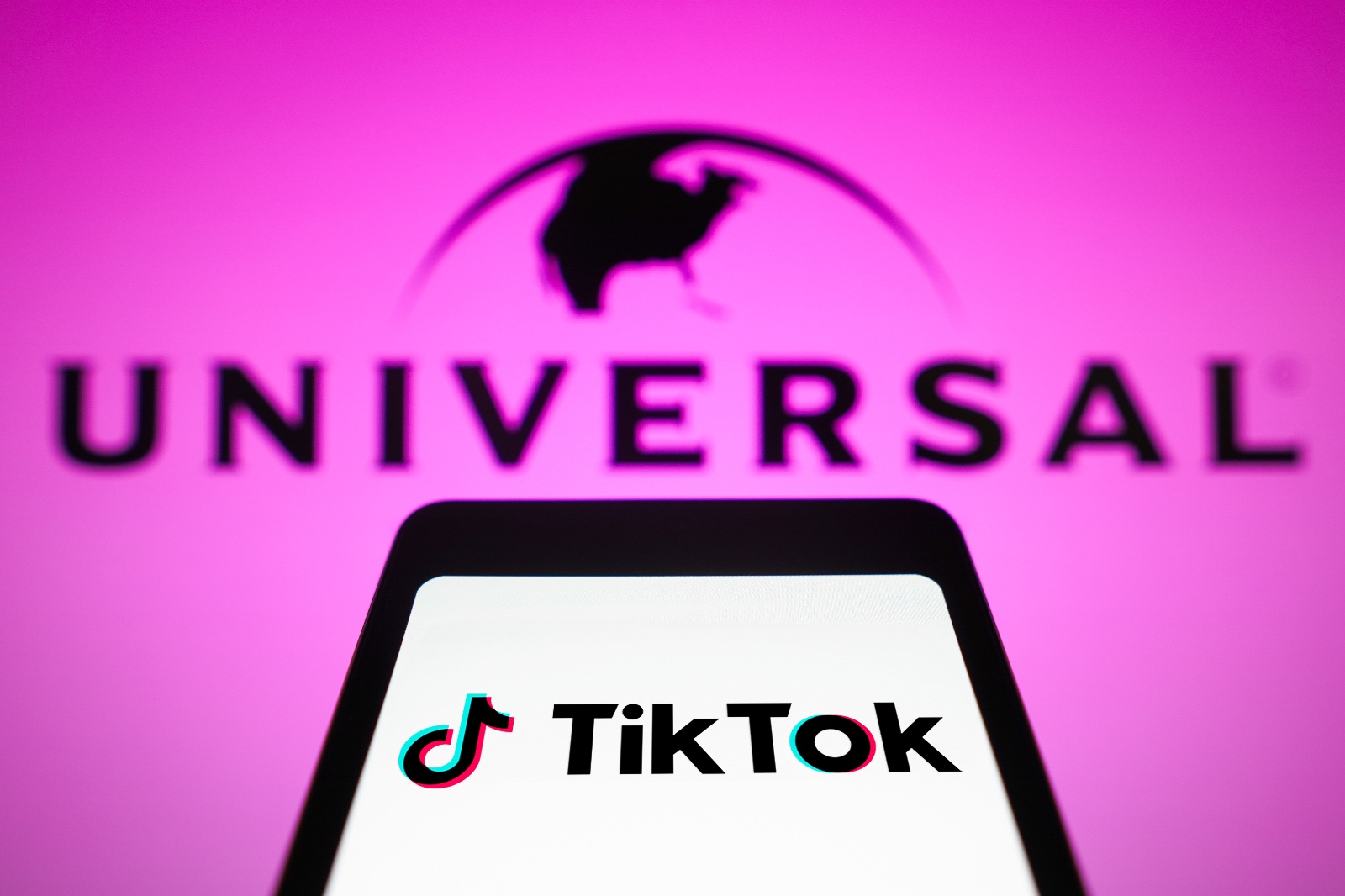Is Music Gaming Stealing the Spotlight from Traditional Tunes Among Gen Z?
The COVID-19 pandemic and its consequences acted as the catalyst that propelled the gaming industry to new heights.
Animal Crossing quickly became a lockdown pastime. Politicians such as Joe Biden, Kamala Harris and Alexandria Ocasio-Cortez opted for Animal Crossing campaigns, live streams, online fundraisers and gaming streams to reach Gen Z and Millennials. Musicians such as Marshmello and Travis Scott used Fortnite to hold in-game performances that reached millions of viewers worldwide.
At the same time, touring became an impossible venture almost overnight. Key music industry players realised that a sustainable and forward-facing music industry needs to find new ways of monetising fandom.
Additionally, music is increasingly becoming a secondary activity: people stream music while they’re busy doing other things. In an era where playlists and ambient music reign supreme, artists and albums are finding it even more difficult to cut through. While consumption is high, it’s becoming difficult for listeners to be converted to hardcore fans.
The biggest music companies and decision-makers are now looking at gaming to find alternative revenue streams and re-structure the post-pandemic music industry.
Gaming’s popularity amongst Gen Zers
In November 2019, Morning Consult reported that PewDiePie is as popular as LeBron James amongst Gen Z American men.
In early 2020, Adweek announced that gaming is now a $139 billion a year (and growing) industry, making it bigger than the NFL, NBA, MLB and the NHL combined. By the end of the year, the gaming industry surpassed the movie and sports industries – generating approximately $180 billion.
While music venues once provided a safe space for young people, last year’s events simply confirmed that physical venues have now been replaced by virtual spaces, as Gen Zers are using video games to socialise with their peers and meet new people.
Video games enable Gen Zers to escape from private and public real-life events and immerse themselves in an alternate dimension brimming with fantastical imagery and compelling storylines.
This cultural paradigm shift is supported by research and statistics. In a survey conducted by Whistle, 68% of Gen-Z men said they consider gaming as an important part of their identity. 91% said they played video games regularly, while 74% stated that they use video games to connect with their peers. More importantly, the survey concluded that playing and watching is the way that Gen Z men (in particular) socialise.
If music characterised 20th-century youth culture, video games have proven to be the lifeforce of youth culture in the 21st culture.
Reimagining the music-gaming partnership
Dedicated gamers stream 7.6 hours of music per week – which is more than double the average listener, who consumes 3.6 hours of music in a week.
MIDiA’s April 2021 report – Music and Gaming: A new way to play – has continued to re-affirm gaming’s influence on the music industry.
The report talks about the fact that creators and music companies are now looking at the gaming industry to find new ways of broadcasting concerts and monetising fandoms.
MIDiA Research Managing Director Mark Mulligan explains why this step is crucial for the music industry: “For many, live streaming started out as a solution towards creating a live experience between artists and fans in the midst of the pandemic.
However, its rising popularity, as well as growing opportunity, calls for the music industry to take a page out of the games industry’s playbook and understand that digital intimacy is the key to opening the box to monetising fandom.”
He continues, “The benefits can be multiplied when they are taken to music fans who are also gamers, audiences that will most quickly understand and translate the concepts of digital fandom across to music.”
Forward-thinking artists and labels have already tested the waters. The results speak for themselves. Travis Scott’s nine-minute in-game performance on Fortnite generated $20 million. Lil Nas X’s Roblox concert garnered a total of 33 million views.
“The time is right to explore deals and strategies that are designed to be more native to gameplay environments, whether it be revenue share on in-game items, or ‘renting out digital real estate’ for a digital festival, with the right to sell items inside the virtual festival environment,” Mulligan confirms.
“If the music industry wants to truly capitalise on the gaming opportunity, it needs to become a part of it, not just settle for supplying it.”
The future of the Music Gaming partnership
Multinational music companies are scrambling to invest in the gaming sector. Warner Music Group has invested a hefty, eight-figure sum in the gaming platform Roblox – a game that’s played by two-thirds of under 12s in the United States.
Sony Group Corporation has continued to invest in Epic Games. In April 2021, it made another $200 million investment in the gaming company behind Fortnite and the Unreal Engine.
Tencent – which owns Tencent Music Entertainment – is also a big video game investor. In addition to its own online game company (Tencent Games), the parent company has also invested in several video game or video game-adjacent companies such as Epic, Riot Games, Roblox and Funcom over the last ten years.
These investments, driven by the increasing appetite for social and immersive musical experiences that unite global fans on one platform, highlight the indisputable fact that the gaming-music partnership is set to become a dominant global force and possibly, a joint industry, in the coming years.






